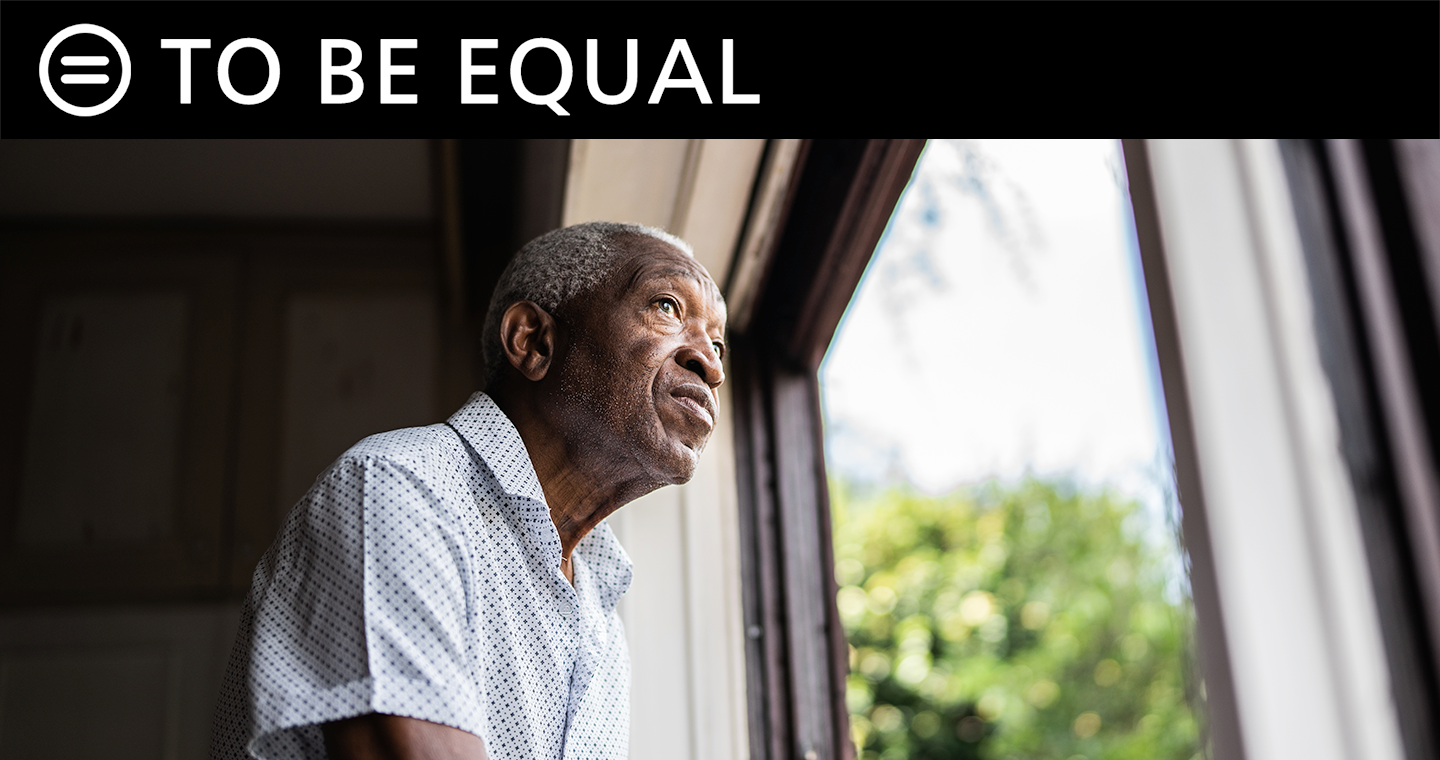Black Pessimism Of The Future Means Economic Empowerment Is More Important Than Ever [Nov. 4, 2007]

I have said it before and I will say it again: Economic empowerment is the civil rights struggle of the 21st Century.
The civil rights movement of the1960s helped the African-American community take great strides in terms of political and social empowerment. Doors long closed to people of color were pried open with the enactment of civil rights legislation, affirmative action and other reforms designed to give them a voice on Capitol Hill, in academia and corporate America.
But two recent studies by major thought leaders in Washington, D.C. reveal that more than 40 years later minorities in the United States still face major challenges in achieving economic parity with their white counterparts and realizing the American Dream.
The Economic Mobility Project, a research collaboration of major beltway think tanks—The Heritage Foundation, American Enterprise Institute, Brookings Institution and Urban Institute, recently found that the income gap between black and white households has actually expanded since the early 1970s.
Black families in 2004 earned 58 percent of what white households did, down from 63 percent in 1974. This jibes well with the National Urban League’s equality index, which found that blacks had 57 percent of the economic status of whites.
Household income, when adjusted for inflation, has actually risen as a result of more women entering the workforce. But the project’s recent report, based on a survey of 2,300 families over the past 30 years, found that white households benefited most from the shift, mainly those of white women whose incomes rose 500 percent over the period while those of white men stagnated. Among black men, income has actually fallen since 1974, offset by gains among black women.
Comparing the incomes of parents in the late 1960s and early 1970s to those of their grown children, the report found that one in three of blacks from middle-class families earned more than their parents, compared to two-thirds of whites with comparable backgrounds.
“Overall, incomes are going up. But not all children are benefiting equally from the American dream,” wrote author Julia Isaacs, a fellow at Brookings, in the report.
The roadblocks to achieving the American Dream have help cast a pall of pessimism over African-Americans, according to another survey by the Pew Research Center of white and black attitudes. Nearly three in 10 said they were worse off than five years ago, one in five reported that their lives had improved and only 44 percent expressed optimism about their future.
But as Chicago Urban League President Cheryle Jackson observed in a recent National Public Radio commentary, people of color have good reason to possess a less-than-cheery outlook.
“The fabric of the American Dream is made up of mobility. You don’t have to be born rich or successful if you can get there by your own hard work. The belief that we can all make ourselves better unites us as Americans. But the pathway to success is increasingly obscured or nonexistent for many African- Americans,” she noted. “More and more one’s economic future is largely decided by what zip code one is born into. Economic empowerment means better jobs. Better jobs mean stronger communities. Urban communities have the worst schools, the fewest jobs and lack commerce and retail.”
There is a great deal of anxiety, cynicism and pessimism today, especially in urban communities. Growing rates of crime, unemployment and mortgage foreclosures are shrinking wealth, which exacerbates the dissatisfaction. And incidents such as the “Jena Six” and how they’ve been handled have fed into the feeling of blacks that no one will stand up to defend them.
Whites held a very different opinion of black progress, according to the Pew Center:
They were twice as likely to see gains in the past five years compared to their African-American counterparts. This finding indicates that too many Americans, whites and even some blacks, labor under the misconception that the playing field has indeed leveled and that the civil rights movement of the 1960s and 1970s was enough to reverse decades of discrimination.
But the truth is: it represents one phase of an ongoing struggle for parity, especially of the pocketbook. Last July, we unveiled our Opportunity Compact: Blueprint for Economic Equality, a set of policy prescriptions to jumpstart urban American, to motivate our leaders to address economic inequities among Americans more than four decades after the first civil rights movement.
Economic empowerment means better jobs. Better jobs mean stronger communities. Stronger communities mean better schools and safer streets that attract more investment, which refuels the cycle of economic empowerment.

